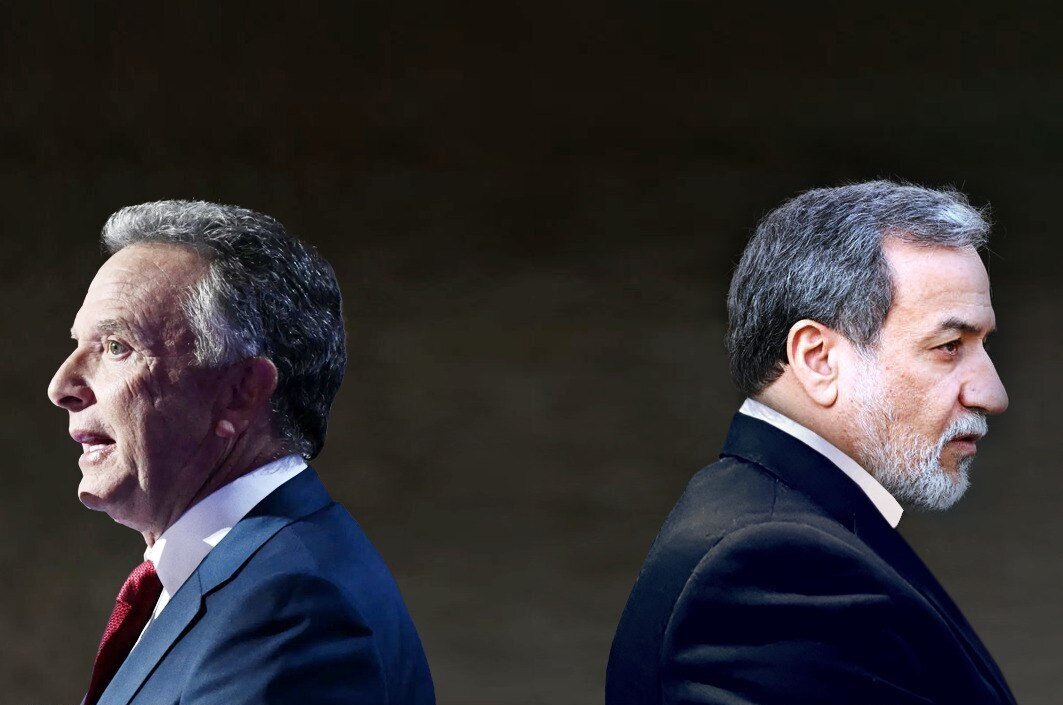
Similar Posts
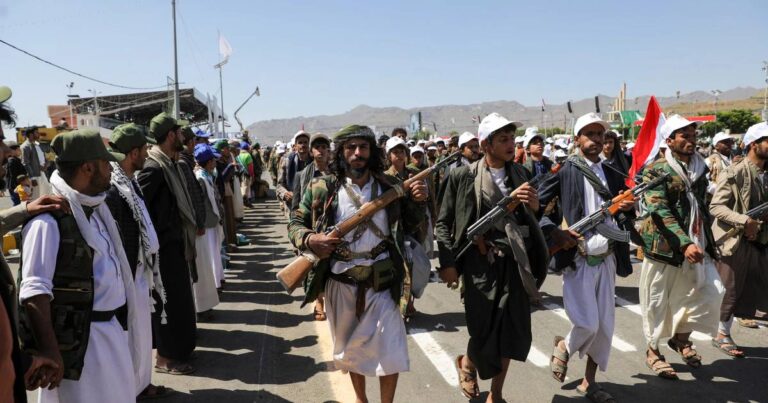
Iran Denies Allegations of Support and Training for Yemen’s Houthis
Iran’s UN ambassador, Amir Saeed Iravani, has denied allegations of Iran supporting the Yemeni Houthis, responding to a UN report suggesting external backing for the group. The report claimed the Houthis have strengthened militarily due to assistance from Iran’s Revolutionary Guard Corps, Hezbollah, and Iraqi specialists, asserting they lack the capacity to develop complex weapon systems independently. The Houthis have aligned with Hamas during the ongoing Gaza conflict, launching UAVs towards Israel. This collaboration and Iran’s denial reflect the intricate geopolitical dynamics in the Middle East, emphasizing the need for international attention to the evolving situation in Yemen.
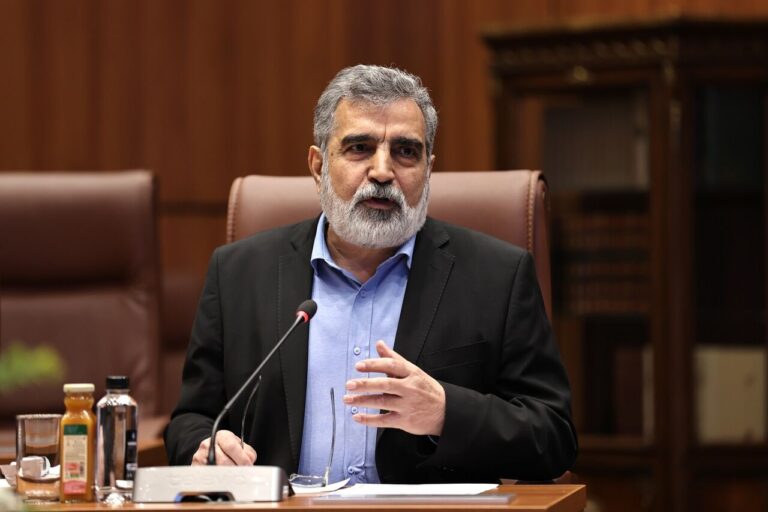
Beyond Iran: Other Nations Enriching Uranium Without Nuclear Weapons, Says Official
An Iranian nuclear official recently challenged the notion that uranium enrichment is exclusive to countries with nuclear weapons programs. Behrouz Kamalvandi, from Iran’s Atomic Energy Organization, countered U.S. Secretary of State Marco Rubio’s comments, asserting that many nations, including Belgium, the Netherlands, South Korea, Japan, Argentina, and Germany, enrich uranium without possessing nuclear arms. He urged U.S. officials to conduct better research on such topics, emphasizing the need for accurate information in international discussions. This statement underscores Iran’s effort to clarify misconceptions about its nuclear activities and promote a better understanding of global enrichment practices.
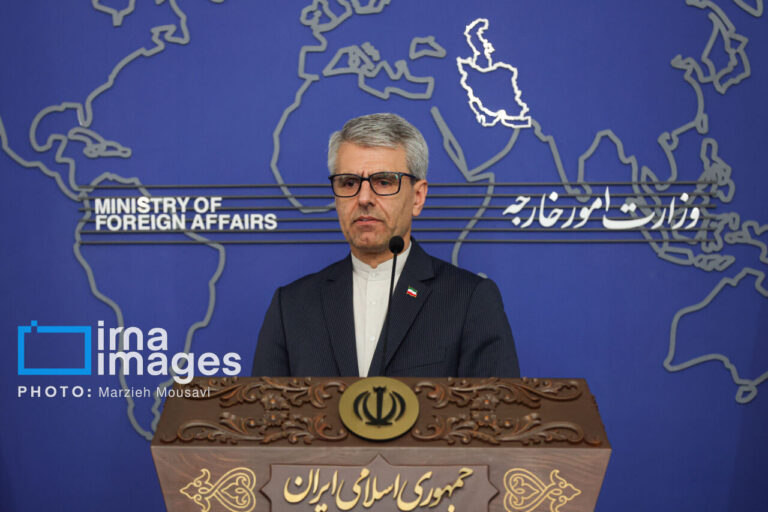
Tehran Dismisses Arab League’s Claim on Iranian Islands as Baseless and Unacceptable
The Arab League summit in Baghdad prompted a strong reaction from Iranian officials regarding claims about the three islands—Greater Tunb, Lesser Tunb, and Abu Musa. Foreign Ministry spokesperson Esmaeil Baqaei dismissed these assertions, asserting that the islands are “an integral and eternal part of Iran.” He criticized the discussion as “unacceptable,” emphasizing that such claims contradict the United Nations Charter and international law. Baqaei urged the Arab League to acknowledge the historical realities of the Persian Gulf and called for fostering regional relations instead of making “baseless claims.” Iran maintains its sovereignty over the islands and seeks mutual respect among neighboring nations.

Escalating Tensions: Any Strike on Iran’s Nuclear Sites Could Ignite All-Out War
During a visit to Qatar, Iranian official Abbas Araghchi warned that any military action against Iran’s nuclear facilities would be a grave mistake for the U.S., pledging an immediate and decisive response that could lead to regional war. He praised Qatar’s mediation in achieving a Gaza ceasefire and described the situation as a “victory” for Palestinians despite extensive destruction. Araghchi also expressed Iran’s support for a representative Syrian government to ensure stability and prevent terrorism. He reflected on the troubled U.S.-Iran relations, urging the potential Trump administration to rebuild trust through dialogue focused on nuclear issues.
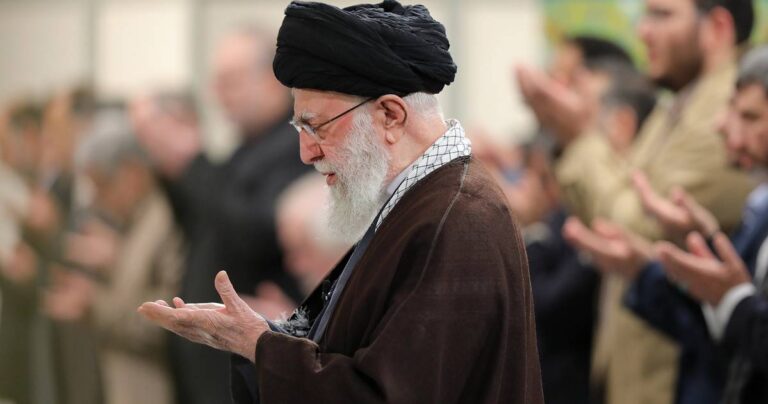
Tehran’s Mega-Crisis: Confronting Seven Major Challenges Ahead
Iran’s clerical government is facing a severe “mega-crisis,” characterized by seven significant domestic and international challenges threatening its stability. Key issues include setbacks for proxy groups like Hamas and Hezbollah, increasing tensions with Israel, and the potential return of a hardline U.S. administration under Donald Trump. Additionally, Europe has adopted a tougher stance against Iran over military support for Russia and nuclear concerns. Domestically, the economy is collapsing, public dissatisfaction is rising, and unrest is brewing. Compounding these crises is the uncertainty surrounding the succession of Supreme Leader Ali Khamenei, further destabilizing the regime.
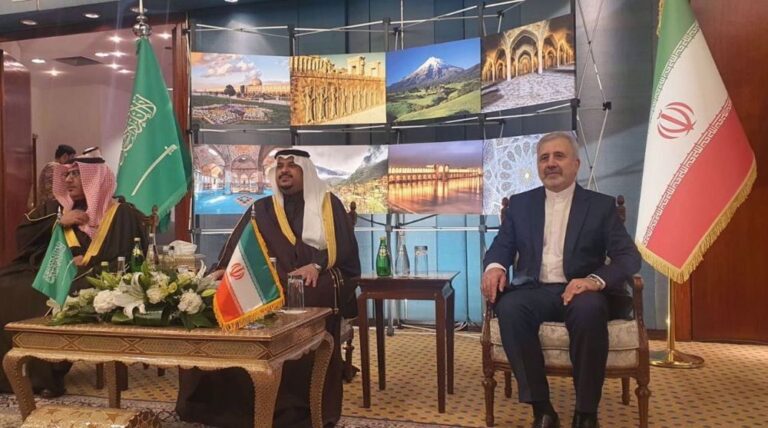
Boosting Regional Prosperity: Iran-Saudi Arabia Strengthen Ties, Says Envoy
During a ceremony in Riyadh marking the 46th anniversary of Iran’s Islamic Revolution, Iranian Ambassador Ali Reza Enayati underscored the importance of strengthened ties between Iran and Saudi Arabia for regional stability. He highlighted the commitment of Iranian officials to enhance relations and noted that new communication channels established over the past two years have become irreversible. Enayati expressed gratitude to Saudi officials for supporting Iranian pilgrims, with 90,000 visiting last season and 100,000 this year. He advocated for dialogue and a unified vision for West Asia while condemning Israeli actions against Palestinians, urging international support for the Gaza ceasefire.